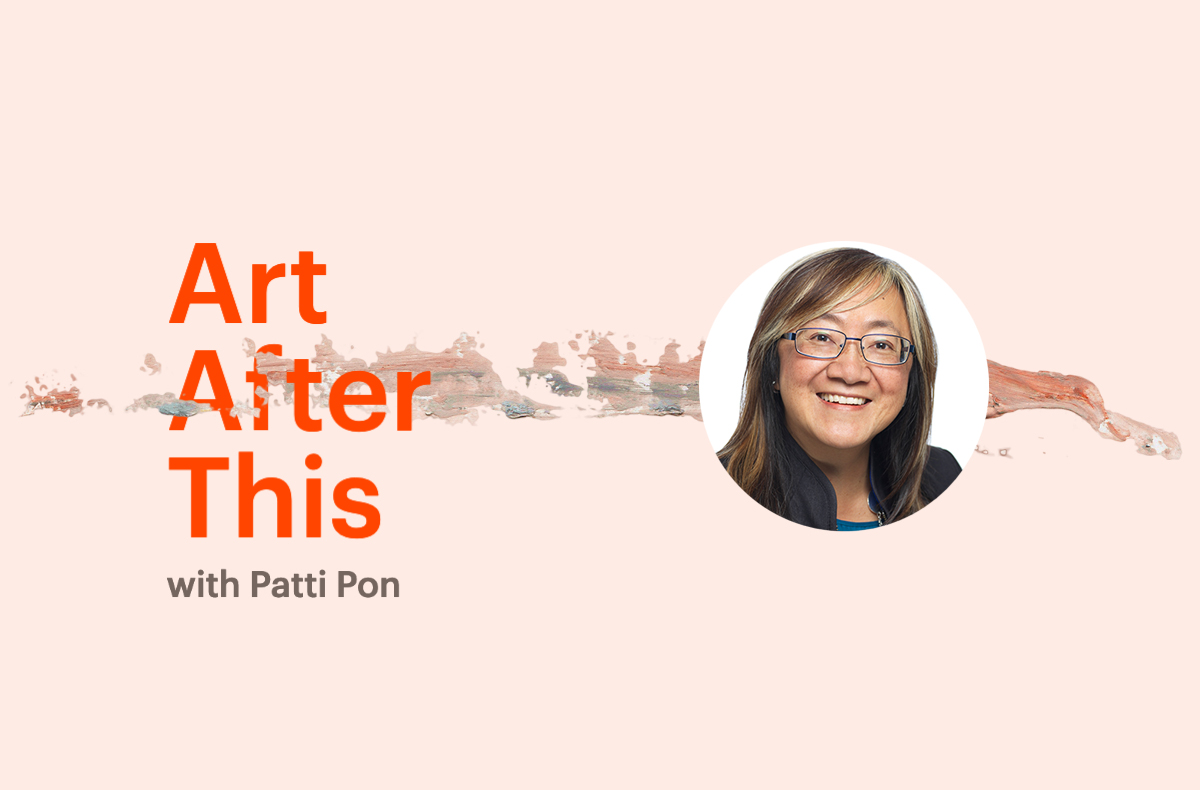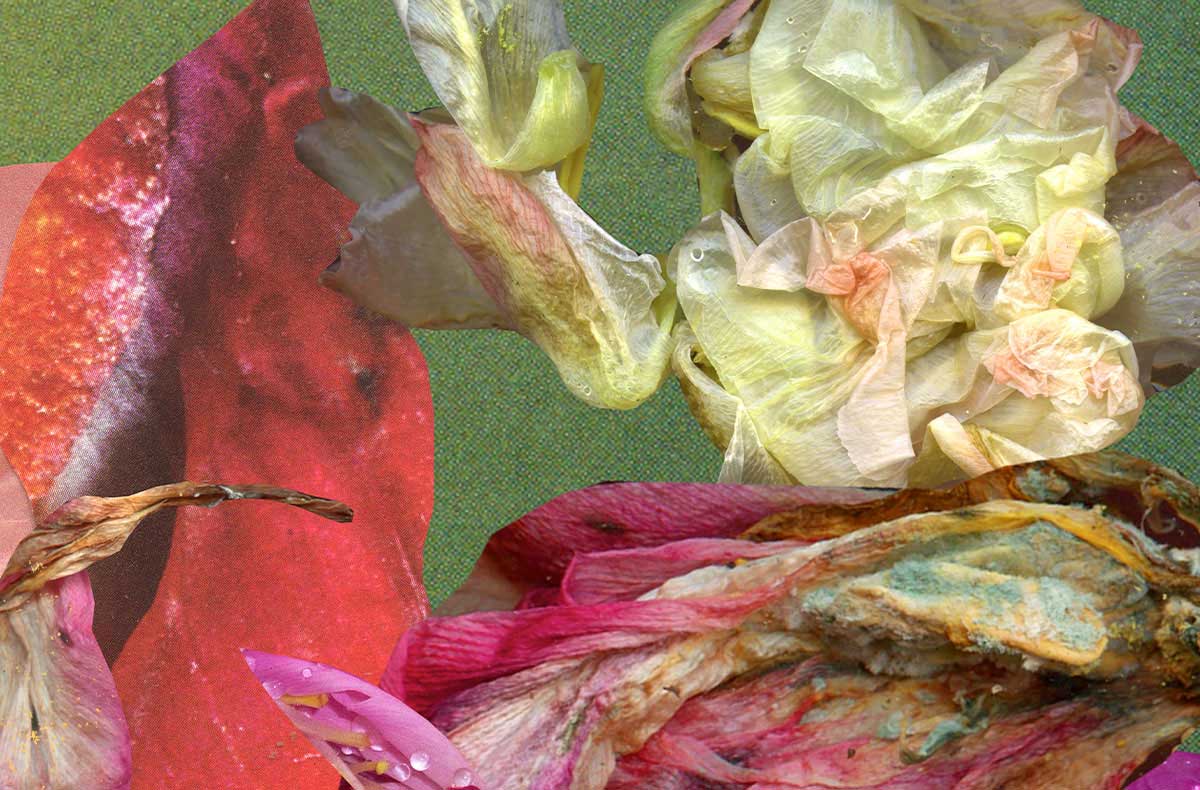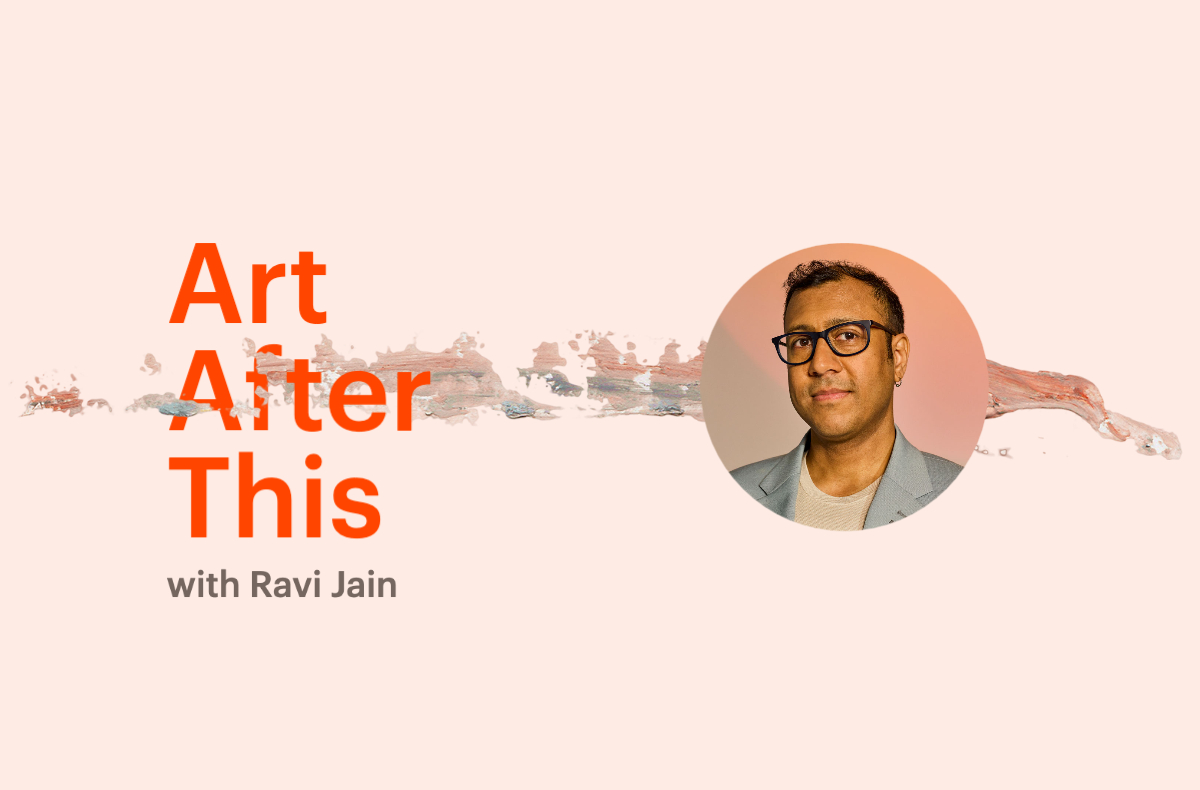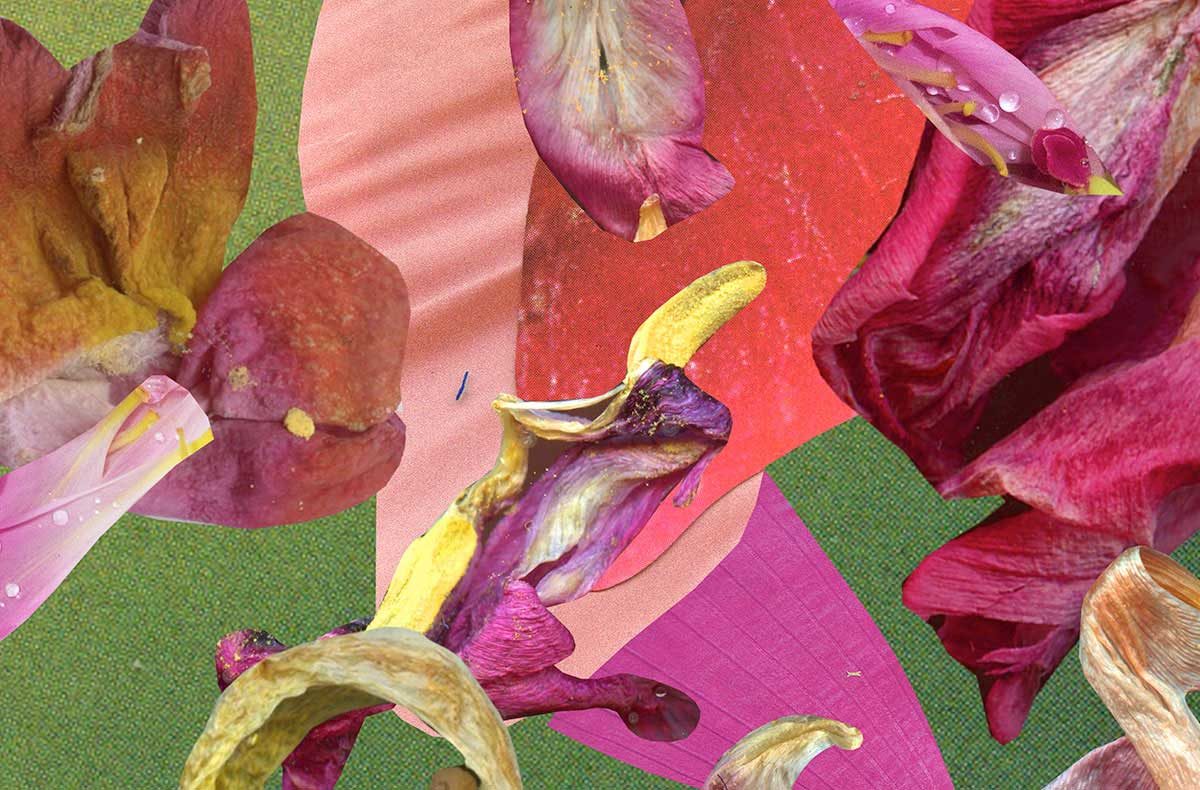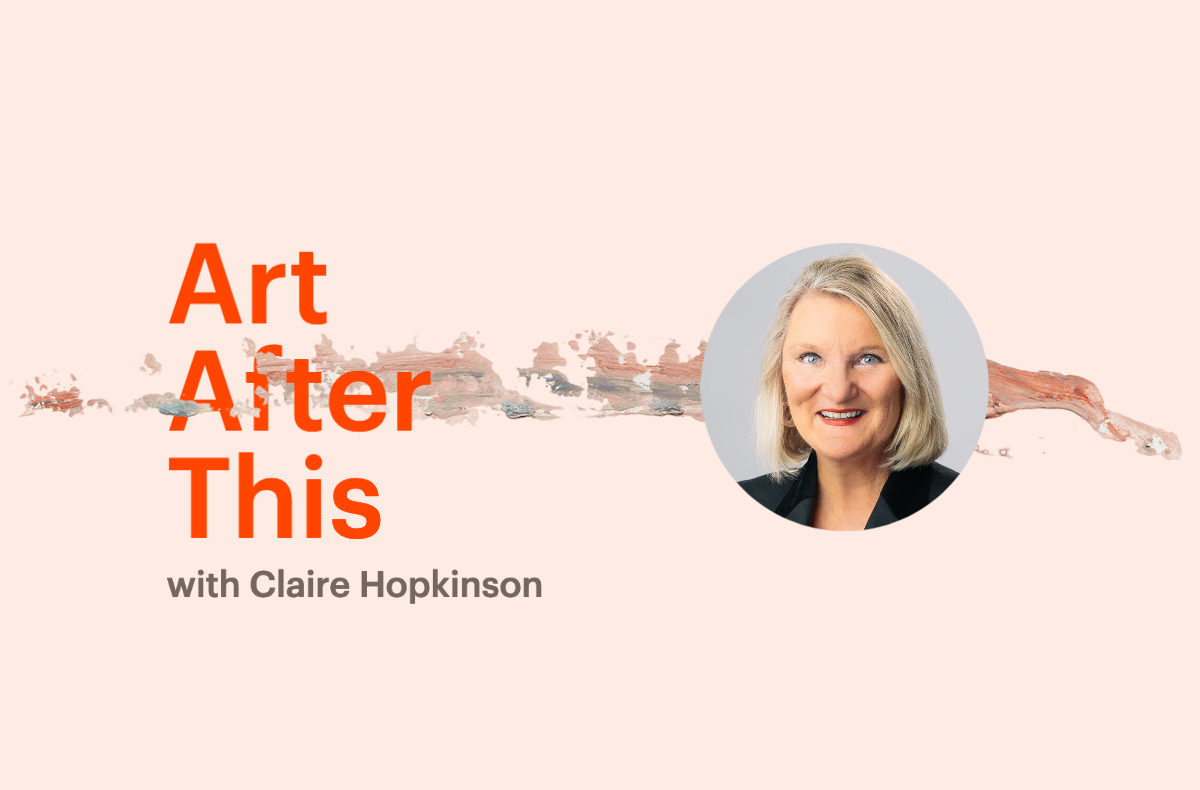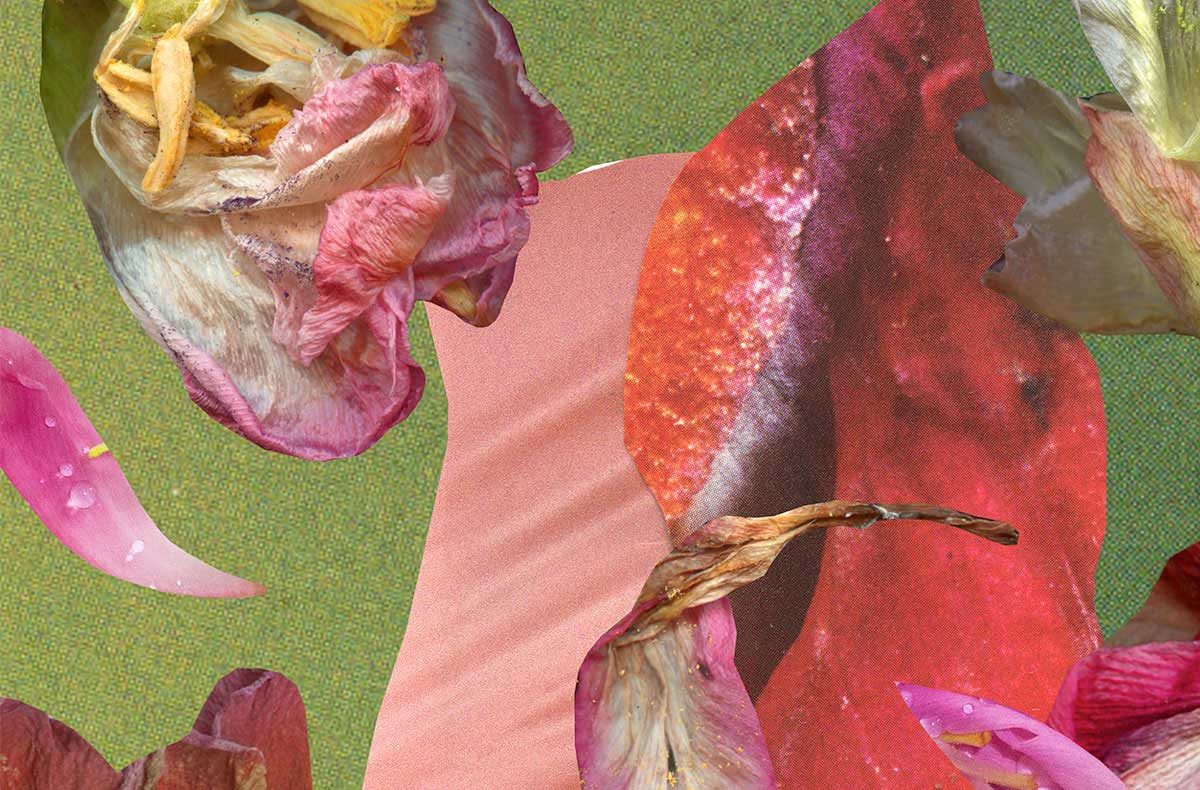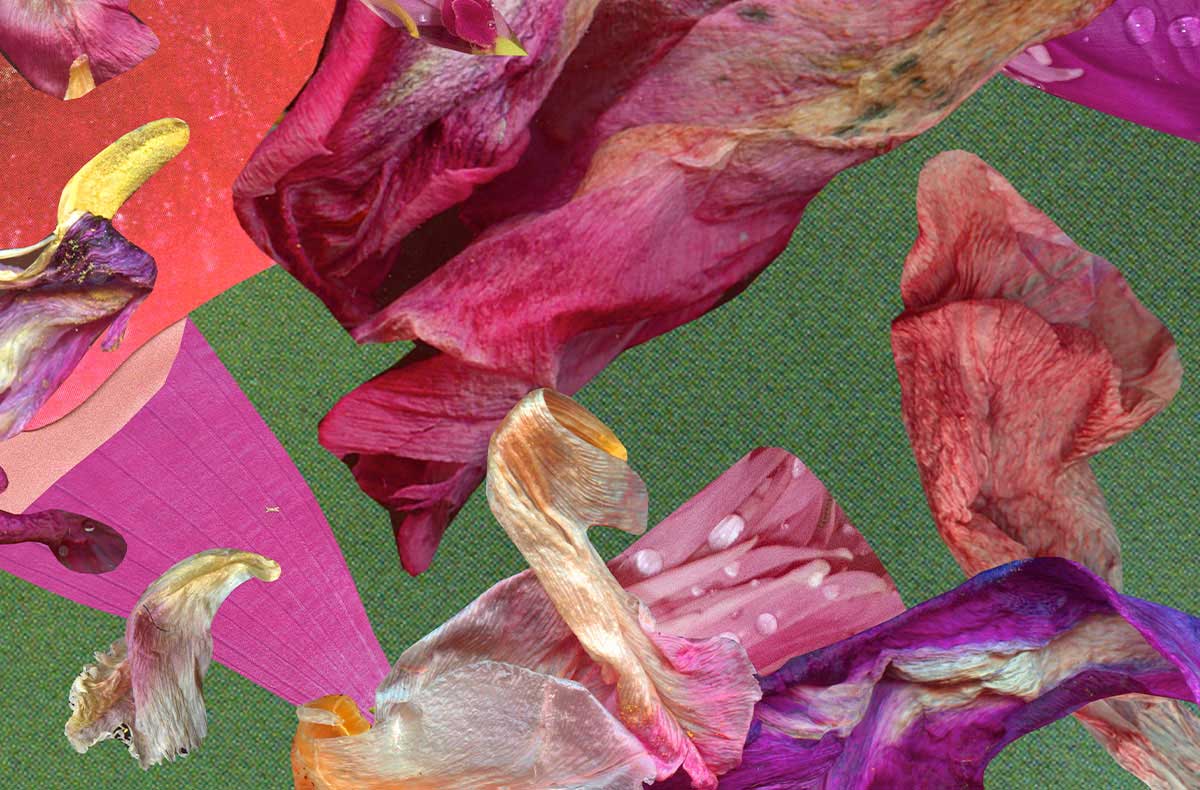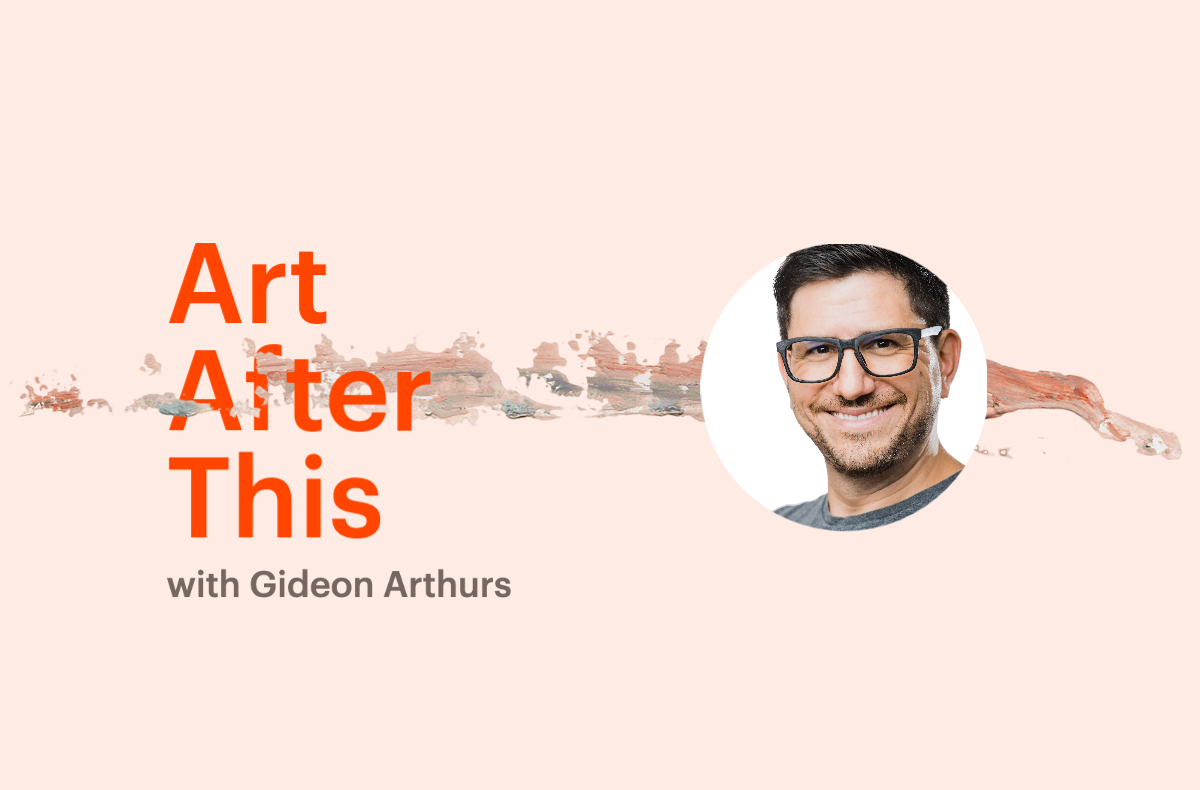By David Maggs, Metcalf Fellow on Arts and Society
While developing Art and the World After This, I kept hearing about brave and unusual cultural policymaking happening in Calgary. That’s when I learned about Patti Pon, president and CEO of Calgary Arts Development, and ever since, I’ve been wanting to chat with her about her work and how inspiring it is for our own efforts here at Metcalf to support innovative changemaking within the cultural sector. With so many things I wanted to ask, I was not sure where to begin.
“Well, it’s like you said in that report,” Pon suggested, “we’ve been aware of the cracks in the nonprofit arts system for a long time — long before COVID entered the scene.”
“Sure Patti,” I responded, “but do you think we’re learning to do anything about them?”
“Well, back in the early 2000s, we were all fired up about ‘stabilization’ — stronger balance sheets, stronger business models,” — Pon steals a sheepish glance at the camera — “I say this with some humility, knowing I was number two at the Alberta Performing Arts Stabilization Fund at the time.”
“So what, it didn’t make the impact you wanted?” I ask.
“Sure, some of that work stabilized some things, but in hindsight,” her eyes lift, gazing at some distant point, “I’m left thinking, to what end? To perpetuate a system that we already knew didn’t work?”
I can’t help but find this disheartening, as I consider the missed opportunities of the past few years. So many organizations came through the pandemic with their books in better shape than ever, thanks to relief funding. And then, when relief funding was followed by reopening funding, we leapt back onto our old stages, eager to welcome audiences through our doors.
“Except audiences didn’t come out,” Pon reminds me. “We thought ‘oh, if we just get this extra money, we are going to be better than ever, as soon as we can open it’s going to be great.’ But it wasn’t. And you know we should not be surprised. The data we collected told us this is exactly what was going to happen.”
“So within one year we are back to cap in hand?” I ask.
“We’ve started to receive final reports for our operating grant program for the last fiscal,” Pon leans in towards the camera, “David, it’s a sea of red ink.”
Hearing this, one might be forgiven for imagining this as a particularly unfortunate moment in cultural funding. As director ted witzel noted, we felt dejected during the pandemic to be told we were not deemed an essential service, and so we peddled an overblown myth about how important we were to Canadians, generating an image for ourselves of a country desperately awaiting our return (despite data identifying that this was not the case).
We then built policy around that myth, pumping millions into sectoral reopening, thereby ballooning the supply and landing companies back in the red following a shortage of audience returns that should have come as no surprise. Instead of investing resources in response to the data showing “things have really changed,” we squandered once-in-a-generation cultural funding around the myth of “people are dying to see you.” Just when we needed cultural policy to take us somewhere new, we squandered our last bus fare trying to get back to a home that no longer exists. A home, as Pon pointed out, that we knew was crumbling years ago.
I try summing up the sensation washing over me in my chair with a one-word question. “Catastrophe?”
Here, however, I am met with the determination that has made Pon such a tireless champion of the arts and artists in this country. “Why? Why catastrophe? Can’t it be catalytic rather than catastrophic?” she asks. “As you mentioned in the post before this interview, we developed our Organizational Structural Change Program because I’ve been thinking about a palliative care program for the arts for an eternity. It’s not always fun to talk about because people can get upset. I understand. But then it never comes into how we operate, and we end up tinkering away at the margins instead.”
“Instead of what?” I ask.
“Instead of inviting organizations to stop and reflect. We all know those companies that have been around for a long time running on fumes. The leadership is tired, they don’t know where the next answer is coming from. And as funders, in my case, we have not historically provided meaningful support to explore alternatives. In the natural system, old growth gives way to new growth.” Pon continues, “So, we just wanted to make it okay, if it’s your time. And if we do that, in a spirit of caring, generosity, empathy — remembering the legacies and tremendous contributions people and organizations leave behind — then it becomes extraordinary. When a leader recognizes that moment and knows the effect it will have on the future? That’s what we wanted to do with this initiative: to let people off the hook, to shift the narrative from you’re failing at your job, to you’re doing it brilliantly in the face of one of the most challenging moments you will ever face. Now, no one has closed because of our program, but companies have closed in Calgary, and I think it’s because we started the conversation, we made it okay, and we made it part of a progressive narrative — a statement about our sector getting stronger, not weaker.”
“So, rather than a story about everything coming to an end,” I ask, trying to follow the reconfiguration, “it’s about looking ahead and contributing to what the future needs?”
“You know, we’ve just released our four-year strategic framework, built on a Treaty 7 Indigenous worldview, and it’s called Ákáakomatapoap. It means ‘We are now going to begin’ in Blackfoot. We wanted to build this strategy with an ecosystem in mind, because we wanted to align it to the natural system, which is so central to Indigenous ways of knowing and being. In Treaty 7 territory, where we are, the buffalo is a keystone species and when the buffalo was decimated, we know what it did to the system. Well, I think that same decimation of our keystone species — artists — has been happening in the arts ecosystem.”
I sit back and let Pon continue.
“The very structures we’ve set up to help artists,” she explains, “to encourage them, to free them, are actually hurting them. Who were the first people to lose work during the pandemic? Artists. Who kept their jobs? Funders, administrators, other service providers. That is messed up! If I’m going to sit in this role and benefit from this system, I better be doing something to remove the harm and help the arts ecosystem become more vibrant, stronger, more resilient. How do we do that? We reintroduce artists back in as the keystone species, and ensure the supports are there to encourage their ability to thrive. And you know what? For some inside the system, thems gonna be fighting words. And I’m prepared to have the fight.”
Knowing our time is up and this champion of the arts needs to get off Zoom and back into the ring, I sign off, surprised to find myself feeling energized by the discussion rather than disheartened. Despite the severity of the circumstance Pon is helping us all confront, she gives me that familiar glimpse into the dedicated leadership our sector is so lucky to have, in her, and in so many who give so much of themselves to the work of building culture in Canada.


